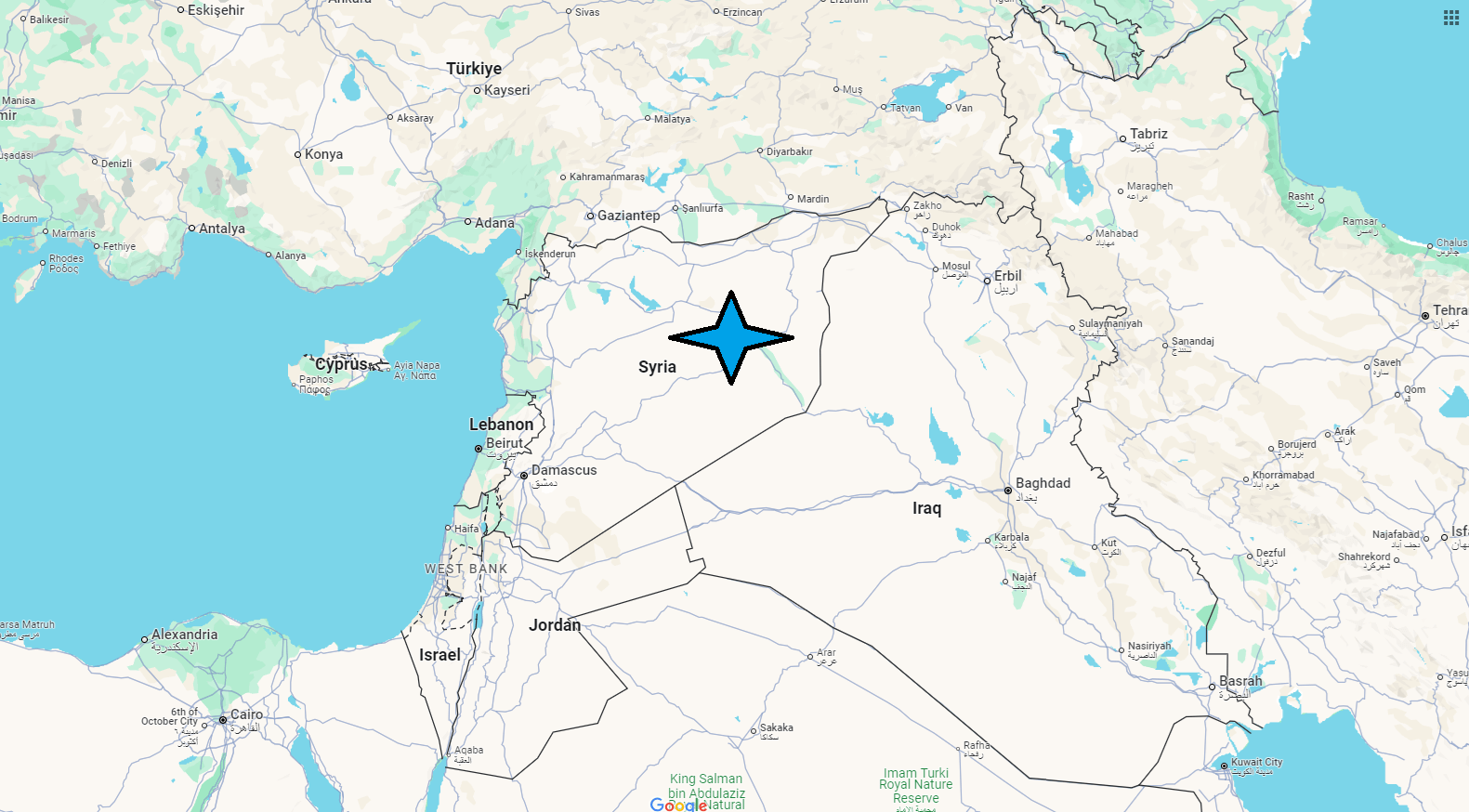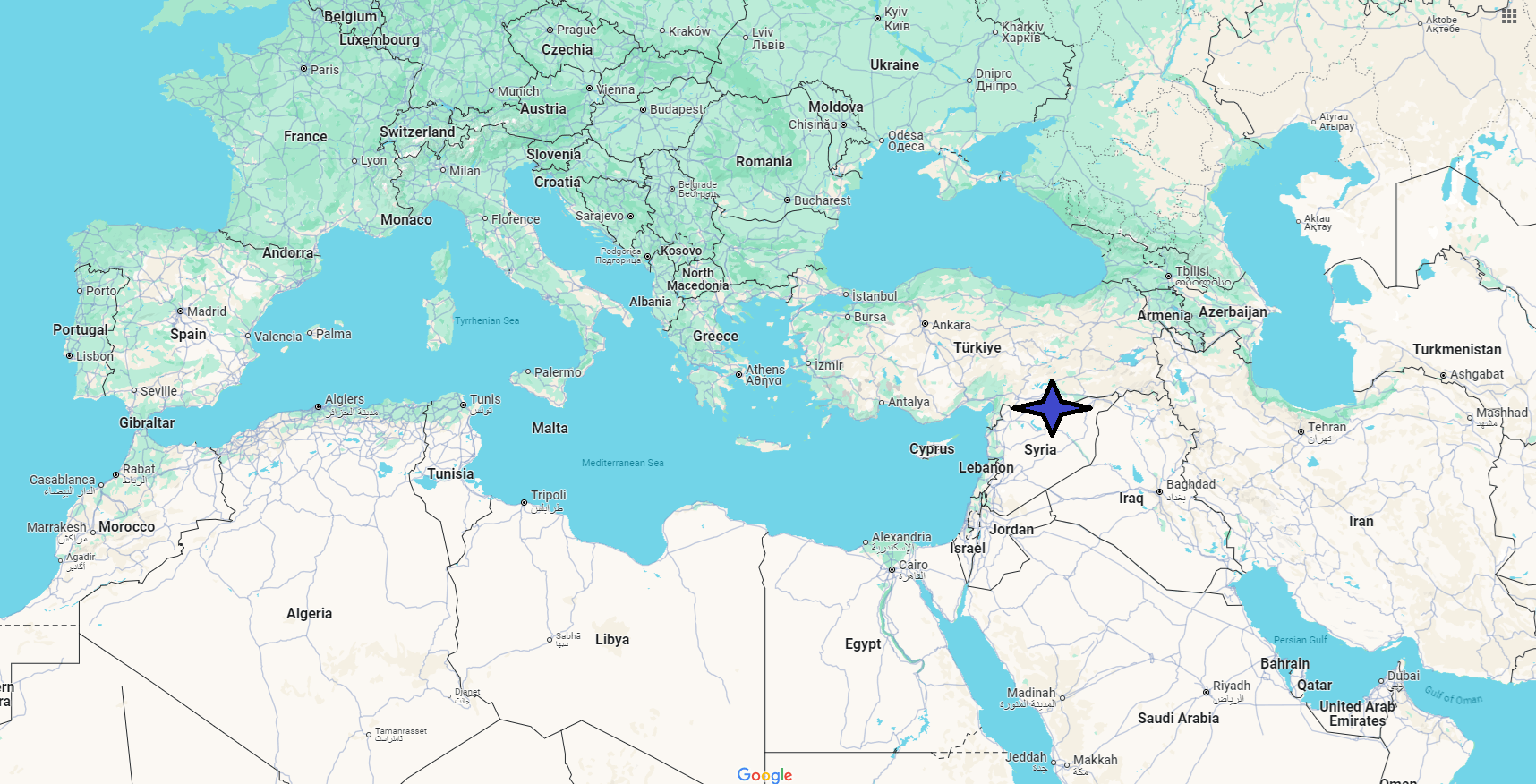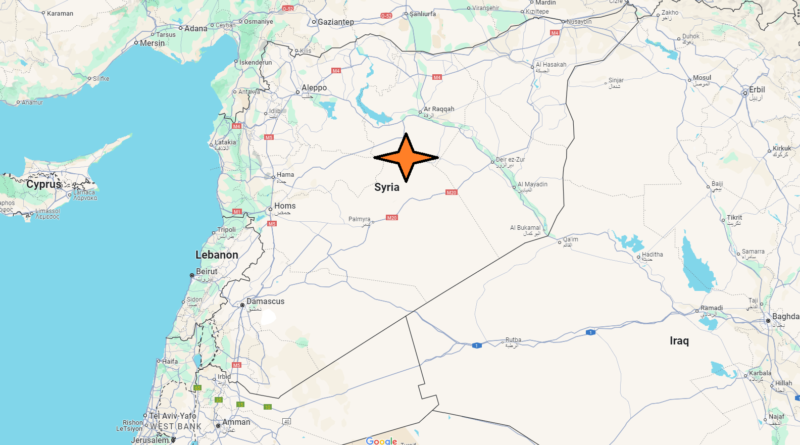What Continent is Syria in?
Is Syria in Asia or Africa?
Syria is one of the most important countries in the Middle East area. The country, in fact, embodies a whole series of peculiarities that make it unique in the region, both from a historical point of view and with respect to contemporary geopolitical dynamics.
Located in the middle between Iraq, Turkey, Lebanon, Israel and Jordan, Syria has always played a fundamental role in defining regional balances. Before being split between the United Kingdom and France following the so-called S Pick Having gained independence from the French mandate in 1946, he witnessed several coups and the birth of the Pan-Arab Ba’th party (which would later develop also in Iraq), still in power today. In the Cold War period it was called the ‘Cuba of the Middle East’, since it represented the most important satellite of the Soviet Union in the region, especially as opposed to pro-western Turkey. Currently, Damascus is in a period of transition from the past decade, in which it was isolated from the international community, mainly due to privileged relations with Iran and accusations of supporting destabilizing movements in the Middle East.

Relations between Syria and Iran and the ambiguity of Damascus
One of the most stable axes in the fluid game of alliances that interests the actors of the Middle East is that constituted by the bilateral relationship between Syria and Iran. The good relations between these two countries date back to the phase immediately following the 1979 Islamic Revolution in Iran, and found a point of convergence in the role of support to the Shiite forces and the Hezbollah movement played during the Lebanese Civil War (1975-90).

The Syrian regime is ruled by a Shiite minority and, in addition to this element of convergence, Tehran and Damascus have historically had an interest in supporting each other, given the international and regional isolation to which they have been subjected. Between Syria and Iran, there would also be a common interest in balancing the influence of the Gulf monarchies and the Sunni Arab axis consisting of Egypt, Jordan and Saudi Arabia, as well as countering the State of Israel. However, Damascus’s rhetoric is less aggressive than Tehran’s and, especially since 2008, Syria has declared itself willing to open a dialogue with Israel, its Arab neighbors and the West. This did not prevent it from maintaining its strategic alliance with Iran, on the other hand, positioning itself as a possible interlocutor between Tehran and the international community. The repressions by the Assad regime against the protesters since April 2011, have on the other hand caused a renewed political and diplomatic isolation of Damascus at the international level, leading Syria to have closer and more exclusive relations with Iran.

What is Syria called today?
What is Syria famous for?
Which country did Syria belong to?

